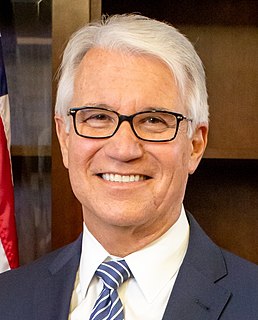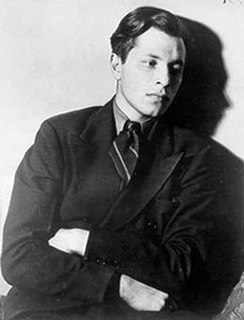A Quote by Bill Dedman
Many police departments still use DNA evidence the way they have used fingerprints and tire tracks: to determine whether a suspect committed the crime.
Related Quotes
Basically, "Making a Murderer" chronicles a set of crimes committed in Wisconsin: Manitowoc, Wisconsin. The first crime is a miscarriage of justice. Steven Avery is convicted and sentenced to a very, very long prison sentence for the assault on a woman. And it comes to light through DNA evidence that he was not the assailant.
Given my experience, I believe there are three compelling reasons why the death penalty should be replaced. (1) The criminal justice system makes mistakes and the possibility of executing innocent people is both inherently wrong and morally reprehensible; (2) My personal experience and crime data show the death penalty does not reduce crime; and (3) The death penalty wastes precious resources that could be best used to fight crime and solve thousands of unsolved homicides languishing in filing cabinets in understaffed police departments across the state.
Many White people are not sensitive to the kind of abuse that African Americans, especially younger African Americans, receive at the hands of police officers and police departments. I think for most Whites their experience with the police has been good or neutral because they don't interact with the police as much as those in the Black community.
Crime in the city streets is more than a political issue. It's a too rampant fact.... In Indianapolis they have come up with a most sensible, affordable approach to the problem. Policemen are assigned their police patrol cars for personal use after hours. They are encouraged to use the police car while taking the family shopping, to the movies, and everywhere one takes one's family. As a result, says the Police Chief's assistant, we may have as many as 400 cars on the street instead of 100 or so per shift. [And] the presence of the police car obviously indicates the proximity of policemen.
The police, at their best, do three things; they prevent crime, they respond to crime, and they solve crime. In all three of those buckets, they need the trust of the community to do it, so I believe that if we restore the trust that we will change the way police are experiencing communities and ways that will preserve life and make everyone safer.
There's no telling how many guns we have in America - and when one gets used in a crime, no way for the cops to connect it to its owner. The only place the police can turn for help is a Kafkaesque agency in West Virginia, where, thanks to the gun lobby, computers are illegal and detective work is absurdly antiquated.
































